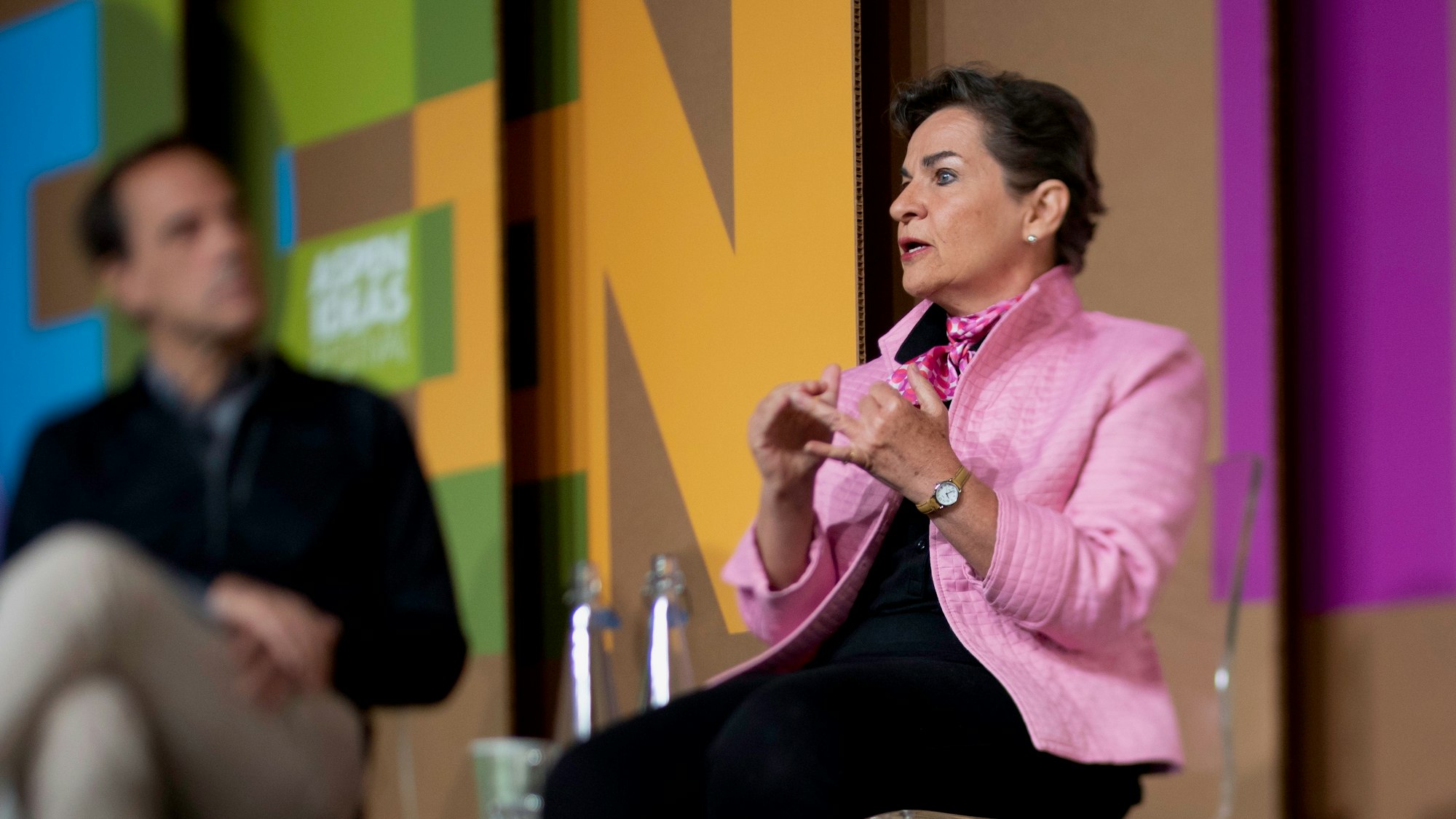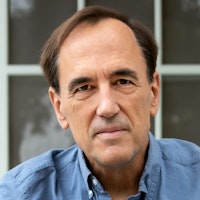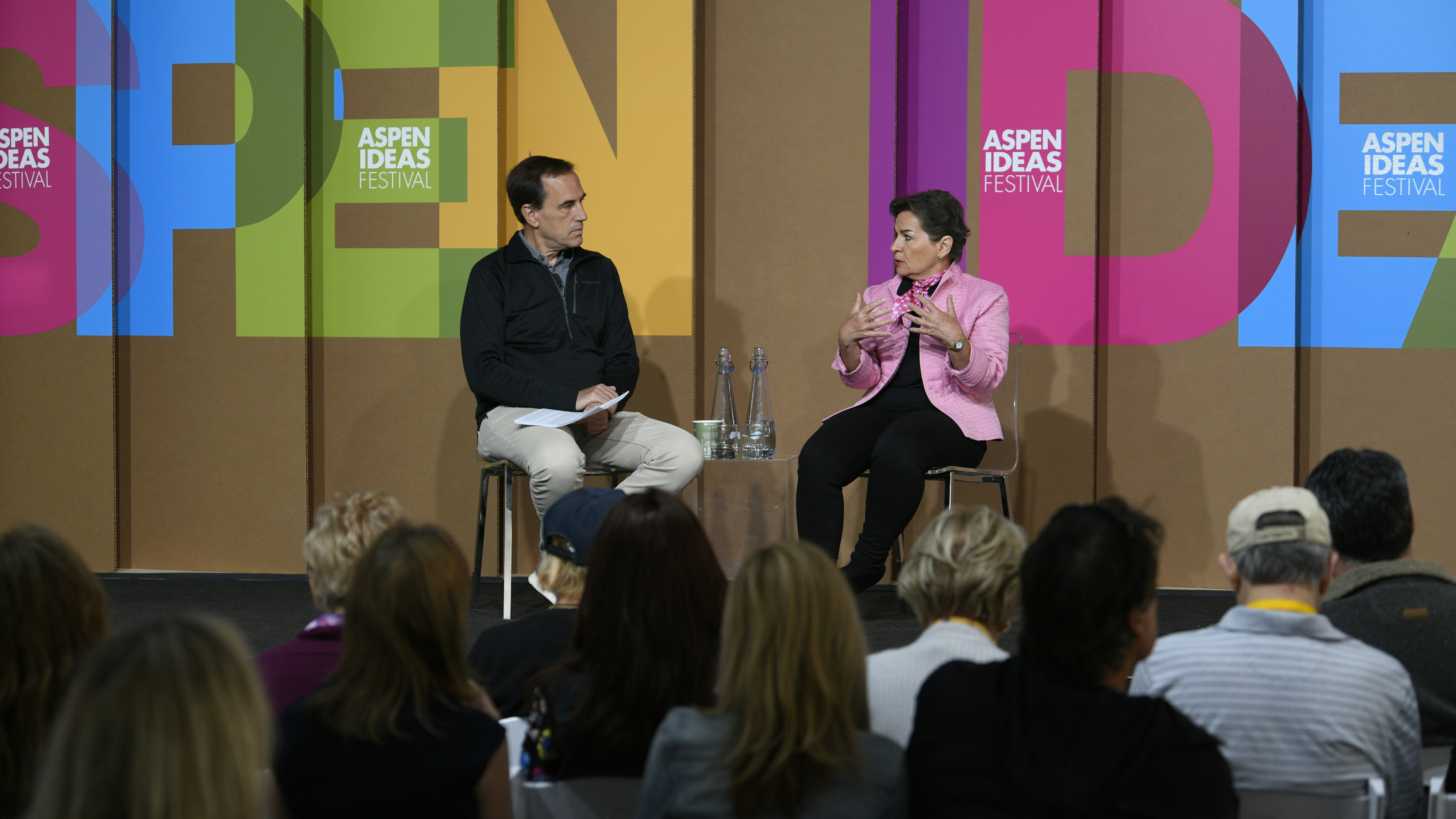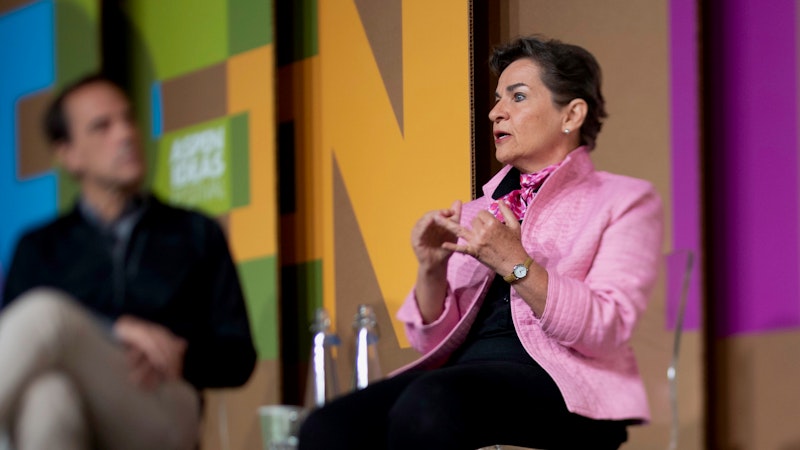
A 'Stubborn Optimist' in the Face of Climate Change
Setup
As secretariat of the UN Framework Convention on Climate Change, Costa Rican diplomat Christiana Figueres led the global adoption of the Paris Agreement in 2015. But she was not always so hopeful, and recalls a turning point as she consciously shifted her attitude from despair to stubborn optimism. Jeff Goodell, author of The Water Will Come sits down with Figueres to reveal how individuals can harness hope and take action as they face the seemingly impossible.
- 2018 Festival
- Health
- Environment
Climate action starts with self-interest
How do you get a country to act on climate change? According to Christiana Figueres, you have to make it worth their while. There’s no top-down, universal fix for climate change. Each country must decide that it’s in their best interest to act on climate change, and those interests look radically different across the globe.
When Figueres, as secretariat of the UN Framework Convention on Climate Change, negotiated with countries towards ratifying the Paris Agreement on climate change, this is where she started. What does each country, with its own unique set of circumstances, have to gain by cutting carbon emissions or transforming their energy sectors? It was her job to help countries answer those questions.
How does it work?
The glass-half-full-approach to dealing with climate change
Author and journalist Jeff Goodell has a hard time not being pessimistic about the future effects of climate change, but Figueres explains why optimism is the only truly responsible way to address climate change.
-
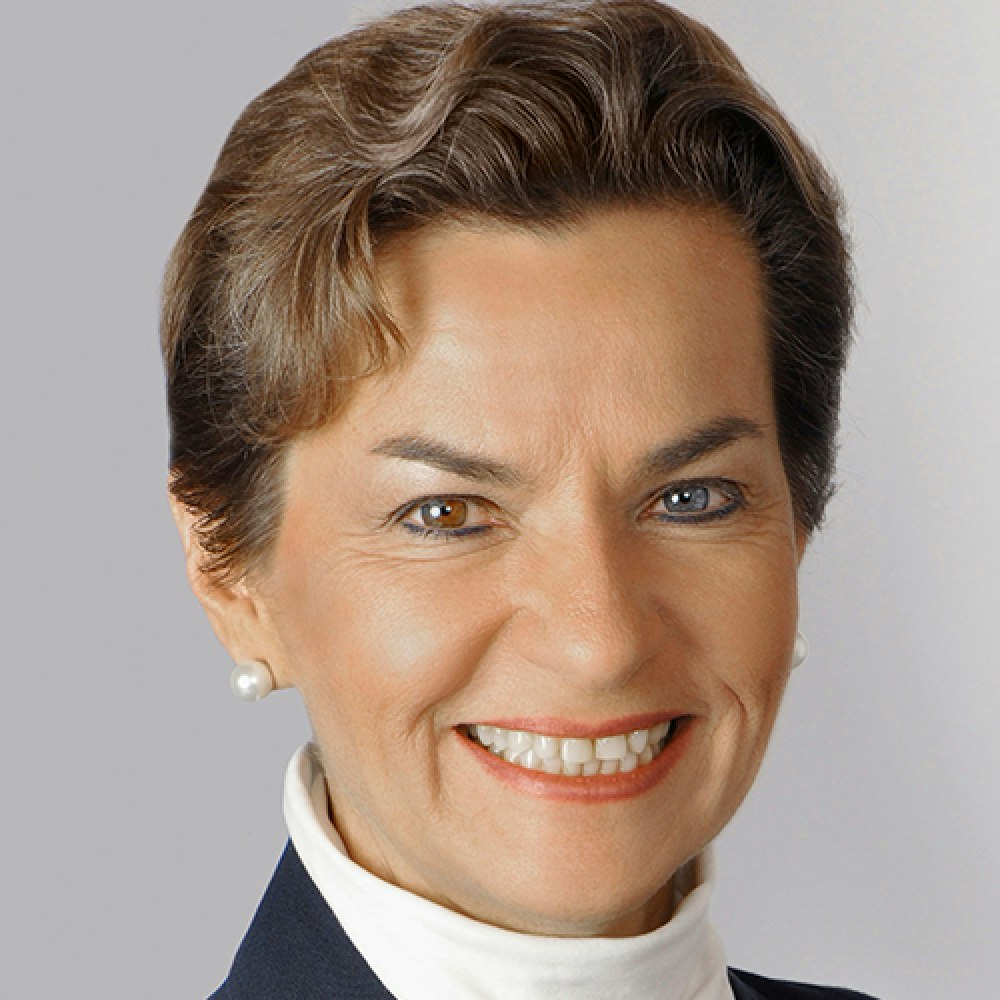
Christiana Figueres: Do you know of any challenge that mankind has had in the history of humankind that was actually successful in its achievement that started out with pessimism, that started out with defeatism? There isn’t. So optimism is a choice. And in as much as we create that vision and that future, then we begin to unleash an enormous amount of human potential and human dedication and determination to make that future a reality. That is why I am optimistic. Not because I am in la-la land.
Despite negative forecasts, there’s reason to stay hopeful
Goodell characterizes the Paris Agreement as “limp,” with the US withdrawal from the Agreement in 2017 signaling a massive deprioritization of climate action. But Figueres counters with examples from India and China that make the case for persistent optimism:
Climate action must protect the most vulnerable
In a moment of optimism, Goodell agrees that human ingenuity and creativity will drive human adaptation to many of climate change’s dire effects. Will that adaptation benefit all of humanity though? Figueres doesn’t think so.
Big IdeaI think you’re absolutely right that we would be able to redesign our future and the way that we live on this planet if we get above 2 degrees for the top X percent of population from a financial point of view. But 70 percent of the population on this world will not benefit from that, and hence I think that is immoral and unacceptable.Christiana Figueres
The majority of countries make no meaningful contribution to greenhouse gas emissions, yet those who are least responsible for climate change will most likely shoulder the biggest burdens.
What does this look like?
Learn More
Additional Information
Resources
Mission 2020
The Woman Who Could Stop Climate Change in the New Yorker
Explore More
Health


The rapid development of the Covid-19 vaccine and the ramp-up of manufacturing and global distribution were unprecedented feats of medical coordination. But those on the insid...

Since 2014, Aspen Ideas: Health has welcomed nearly 800 inspiring women leaders to our stages to share their bold approaches to better health. In honor of Women's History Mont...

Our attitudes, habits, pleasures, and responsibilities shift across the generations, influencing the health challenges we face and how we respond to them. Expectations about h...

Setting audacious goals helps to redefine what is achievable in health, medicine, and science. As we deepen understanding of the human genome, unravel the mysteries of the bra...

As we wrap-up another year of elevating big ideas at Aspen Ideas: Health, we're excited to share the 15 most-watched sessions from the event. These conversations with inspirin...


Each year brings more destructive natural disasters and growing evidence of the challenging future we face if we don’t address climate change. But the biggest cause of climate...
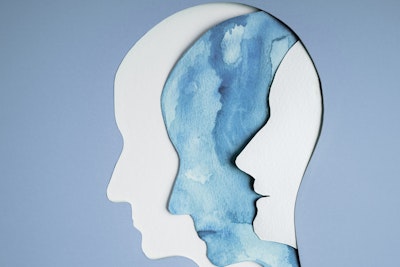
In America, millions of people struggle with mental health including depression, anxiety, and more — all further exacerbated by living through a pandemic. The National Allianc...


If we do absolutely nothing to mitigate climate change, scientists estimate the toll could be $38 trillion a year in damages. Industrialized countries like the United States,...

The United States spends $4.3 trillion—almost one fifth of the nation’s GDP—on health care. As the scale of the medical enterprise expands, venture capitalists are pursuing th...

Today's kids are coming of age against a backdrop of political, social, technological and economic upheaval. While these circumstances are shaping a precocious generation that...

Advocates, healthcare providers, legislators, researchers, and venture capitalists are bringing the unique health needs of women to light – from vigorous policy debates on iss...

From the debate over reproductive rights to the epidemic of gun violence to the youth mental health crisis, this year's Aspen Ideas: Health sessions tackled many of today's mo...

The recognition that all things are connected is at once a scientific principle and a philosophical touchstone. Humans, animals, and the environment are intertwined in complex...
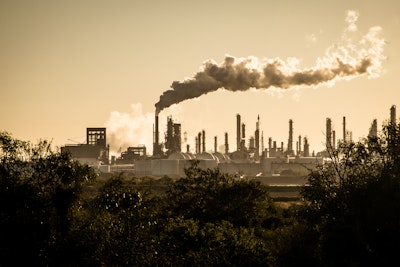
A couple of degrees makes a world of difference — megafires, rising seas, failing infrastructure, and food systems require our immediate attention. Demands on dwindling natura...
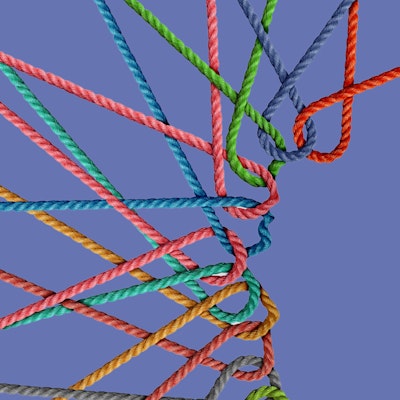
Our need for human connection is profound and deep. Yet, today, one in two adults are living with measurable levels of loneliness – and the numbers are even higher among young...

Women are crucial to the climate movement, but their voices are often underrepresented and their work goes under-supported. Meet just a few of the women from this year’s Aspen...

Heat is now the top weather-related cause of death in the U.S., killing more people than hurricanes, floods and tornadoes combined. An environmental journalist and two city ch...

Every transition comes with tradeoffs, and even clean energy carries negative consequences. As they mine for critical minerals or build solar arrays on sensitive land, clean e...

It sounds like sci-fi: Scientists are beaming solar energy from space, subbing seaweed for plastic and brightening clouds to reflect sunlight to lower temperatures in a warmin...

Artificial intelligence is revolutionizing health care by improving patient navigation, telehealth and the speed of drug development. From enhancing patient and provider exper...


